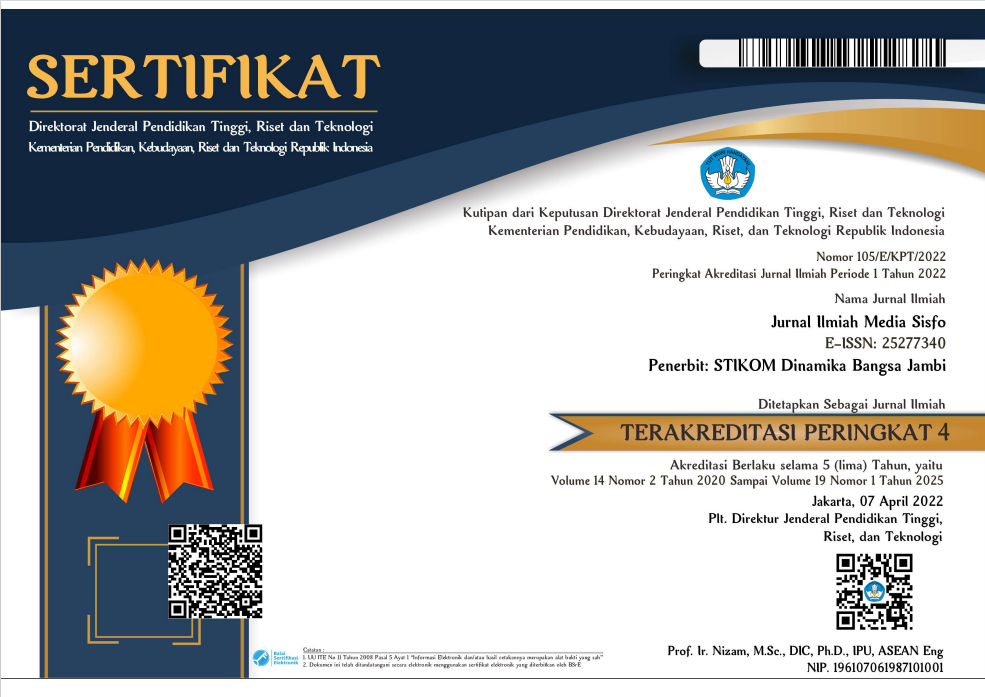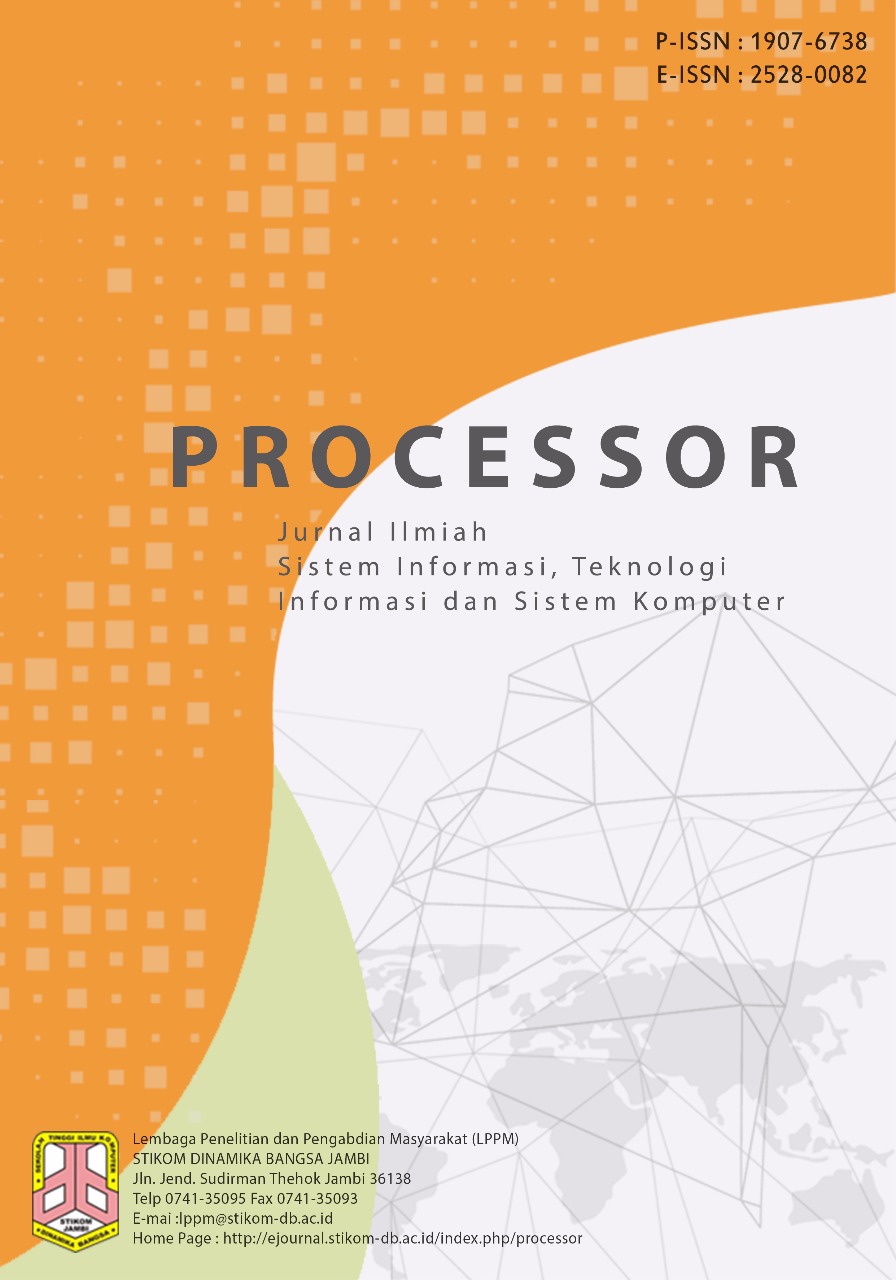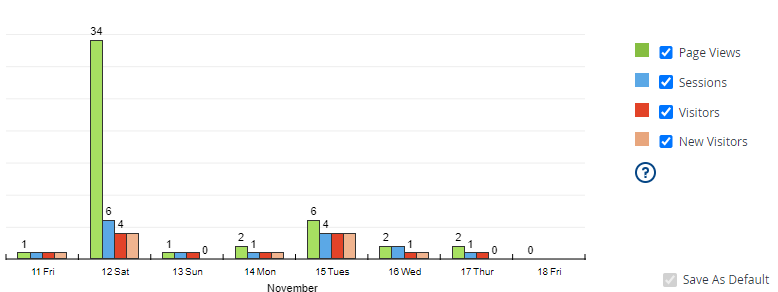Analysis of User Satisfaction Levels on Service Quality in the Grab Application Using the E-Servequal and Kano Methods
DOI:
https://doi.org/10.33998/mediasisfo.2025.19.2.2574Keywords:
E-Servqual, Kano, GrabAbstract
Grab is a digital offers a wide range of services, including ride-hailing, food delivery, parcel delivery, and digital payment solutions. Its presence has become an integral part of urban life, including in Jambi City, by providing convenient access and fast services. This study aims to analyze the service quality of the Grab application using the E-SERVQUAL approach integrated with the Kano model to identify service attributes that influence user satisfaction. A quantitative research method was applied, with data collected through an online questionnaire distributed to Grab users in Jambi City. The data were analyzed to measure the gap between users’ expectations and perceptions across five E-SERVQUAL dimensions: reliability, responsiveness, assurance, empathy, and tangibles, as well as to classify service attributes based on the Kano model. The findings reveal that reliability and responsiveness have the greatest influence on user satisfaction, while several attributes fall under the must-be category, which must be fulfilled to prevent a decline in satisfaction. These results are expected to serve as a strategic reference for Grab’s management to continuously improve its service quality.





















